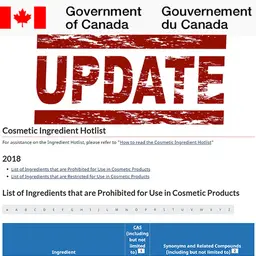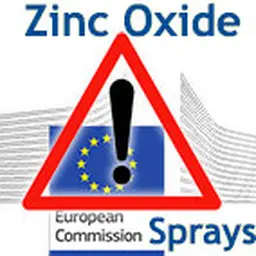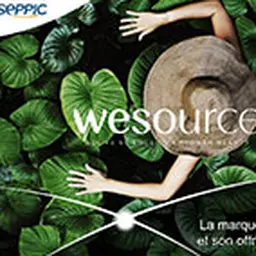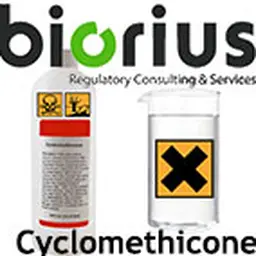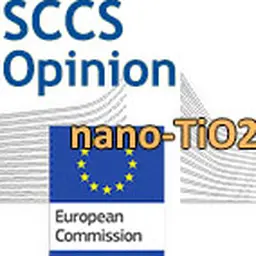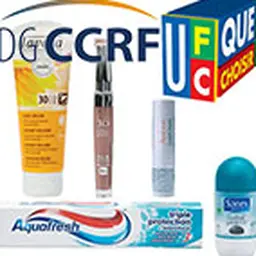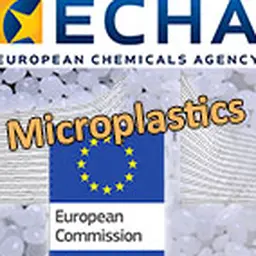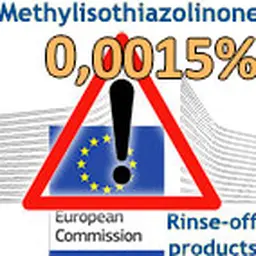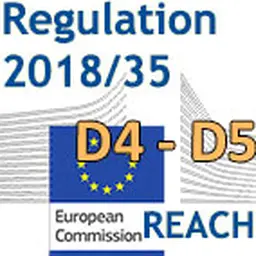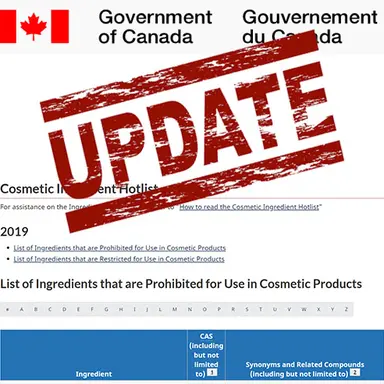
Canada has just updated its Cosmetic Ingredient Hotlist (Prohibited and Restricted), which is now available on Health Canada’s website. As announced, this revision covers four ingredients (Dihydrocoumarin, Thiurams, Sodium bromate and Thioglycolic acid and its salts) and introduces different conditions of use than those prevailing in Europe. However, the mandatory labelling of a warning statement for eucalyptus essential oil, initially planned, was not retained.
The Cosmetic Ingredient Hotlist had not been amended since September 2018. The current update covers only four ingredients, but it authorises two ingredients banned in Europe, bans one that is not regulated in Europe, and provides for different conditions of use for the fourth…
Dihydrocoumarine (CAS: 119-84-6)
Health Canada’s explanation
This entry was amended from a prohibition to a restriction. The ingredient is naturally occurring in some plant derivatives at low levels. A review of the available scientific data indicated that the ingredient may cause sensitization at higher concentrations but can be used at low levels without significant risk.
The new restriction
• In leave-on products, maximum concentration permitted: 0.035%
• In rinse-off products, maximum concentration permitted: 3.5%
Regulation in Europe
The substance, when used as a fragrance ingredient, is listed in Annex II (Prohibited Substances) to Cosmetics Regulation.
Disulfiram, Thiuram, Thiuram disulfides, and Thiuram monosulfides (CAS: 97-77-8 / 137-26-8)
Health Canada’s explanation
These entries were amended to combine the substances under a single entry for Thiurams. The revised entry also encompasses thiuram tetrasulfides which were not previously captured under the Hotlist entries. These substances were all identified to pose similar skin sensitization risks. The combined Hotlist entry was also …

